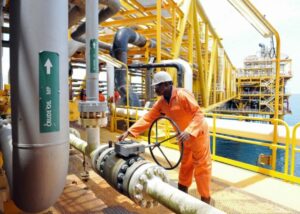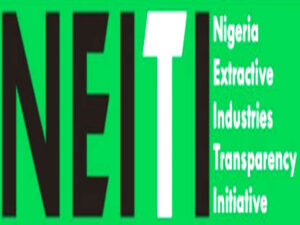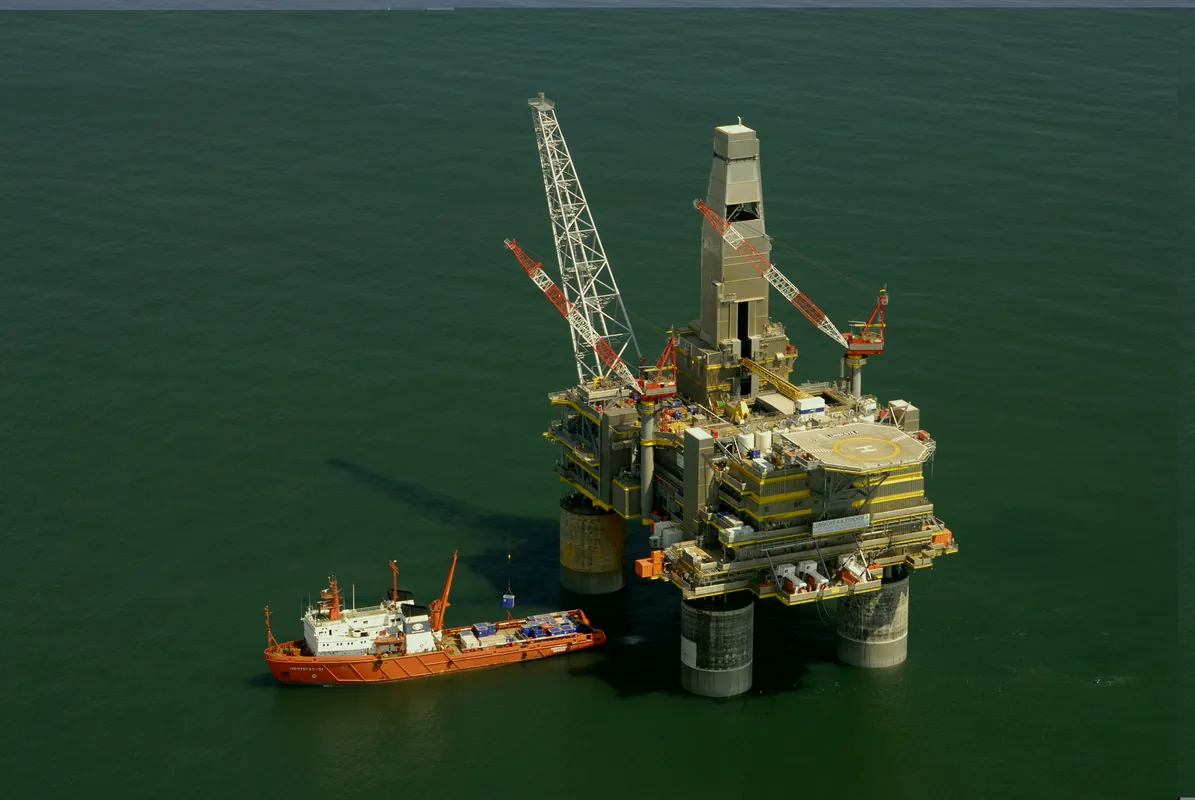Want sector derisked, $4 trillion domestic capital unlocked
.Advocate regional stockholding frameworks on the continent
The African Refiners and Distributors Association (ARDA), which aims to reduce energy poverty on the continent, has raised concerns over the continuous importation of petroleum products by African countries by up to 70 per cent, despite the production of 5 million barrels per day crude oil.
Describing the over-exposure as dangerous, the Executive Secretary of ARDA, Anibor Kragha, argued that a 30-day shortage would lead to fuel queues stretching across Lagos, Johannesburg, Kinshasa, Cairo, and Nairobi.
In an article, Kragha warned that any supply disruption will lead to the grounding of planes in Africa, while trucks will be immobilised, hospitals left in darkness, cities in chaos, while the continent’s economic engine would grind to a halt within a matter of days.
“This isn’t a worst-case scenario exaggerated to cause alarm. It’s a strategic blind spot hiding in plain sight. Despite producing more than 5 million barrels of crude oil daily, the continent still imports over 70 per cent of its refined petroleum products. The truth is, this dependence leaves Africa dangerously overexposed.
“If imports were to stop, the collapse wouldn’t just be technical – it would be systemic. Today, Africa is deeply reliant on fuel imports, leaving it exposed to shocks with immediate and far-reaching consequences,” he argued in a statement.
Calling for a concerted effort to ensure energy sufficiency in Africa, ARDA pointed out this situation would drive food inflation, blackouts, and economic paralysis, conditions ripe for political instability across the continent.
“Africa is rich in crude oil but suffers from a persistent lack of refining capacity. The continent hosts over 40 refineries, yet many are outdated, underutilised, or idle. Nigeria, Africa’s top oil producer, has a nominal refining capacity of 1.1 million barrels per day, including the new 650,000 bpd Dangote Refinery. Still, it relies on imports for over half its fuel needs.
“Across the continent, crude production outpaces refining. At the Congo Energy & Investment Forum, plans were announced to double the country’s crude output to 500,000 bpd, but the CORAF Refinery in Pointe Noire can currently process only 24,000 bpd, with a planned increase to 40,000 – far below potential despite proximity to key markets like the DRC.
“Meanwhile, demand is rising fast. Africa’s population is projected to hit 2.5 billion by 2050, with energy needs expected to double. This dependence on imported refined products undermines economic sovereignty, widens trade deficits, destabilises currencies, and impedes industrialisation. It also threatens the goals of the African Continental Free Trade Area (AfCFTA) by reinforcing external dependencies rather than building internal resilience,” he stated.
Addressing this imbalance, Kragha emphasised, requires a coordinated, continent-wide response, one he said that ARDA has already begun to shape.
To avert the economic paralysis that a sudden halt in fuel imports would trigger, ARDA said it is leading a continental strategy focused on five pillars: Upgrading and scaling refining capacity through resilient, commercially viable projects, harmonising fuel specifications and regulations to unlock intra-African trade and attracting investment through transparency, bankable projects, and risk mitigation frameworks.
Similarly, ARDA called for the development of infrastructure, including pipelines, depots, storage terminals, LPG bottling plants and logistics networks as well as building human capital in regulation, engineering, finance, and operations.
“First, governments must cut red tape and streamline project approvals to accelerate implementation timelines. Infrastructure bottlenecks that make local refining and distribution uncompetitive must be addressed to enable a more efficient and scalable downstream sector.
“Equally critical is the mobilisation of domestic capital. With over $4 trillion locked in pension funds, insurance pools, and sovereign wealth funds, smart policies are needed to de-risk energy investments and unlock this vital source of financing. Empowering regulators with both the autonomy and technical capacity to enforce standards is essential to ensure consistency, transparency, and investor confidence.
“In parallel, Africa must break down internal trade barriers so that fuel, capital, and technical expertise can flow freely across borders, driving regional integration. Financial innovations such as carbon credits, blended finance, and guarantee mechanisms offer valuable tools to scale investment and reduce project risk,” Kragha suggested.
Also, he stressed that strategic stocks must be part of the equation, as many African countries hold only a few days’ worth of fuel reserves, a vulnerability in the face of global supply disruptions.
“Yet creating national or regional stockholding frameworks is both practical and affordable. Minimum stock obligations, backed by reporting systems and modest levies, could significantly improve resilience without burdening consumers. Many countries already have sufficient depot capacity to increase stock levels – what’s needed is policy coordination and political commitment.
“None of these will succeed without strong political will and a unified voice from African leadership. Energy sovereignty must become a continental priority – not just for growth, but for long-term resilience and prosperity,” he argued.
Although a 30-day shutdown of fuel imports would cripple the continent, he stressed that it could also be the wake-up call Africa needs.
“This isn’t just a supply chain risk anymore; it marks a strategic inflection point. The choice is clear: remain exposed to external shocks or seize the moment to invest in refining capacity, infrastructure, and workforce development to secure lasting energy sovereignty,” he said.
With the right leadership, ARDA stated that Africa can transform today’s dependency into tomorrow’s strength, insisting that building modern, resilient refining systems won’t happen overnight, but through coordinated action and bold investment over the next decade





